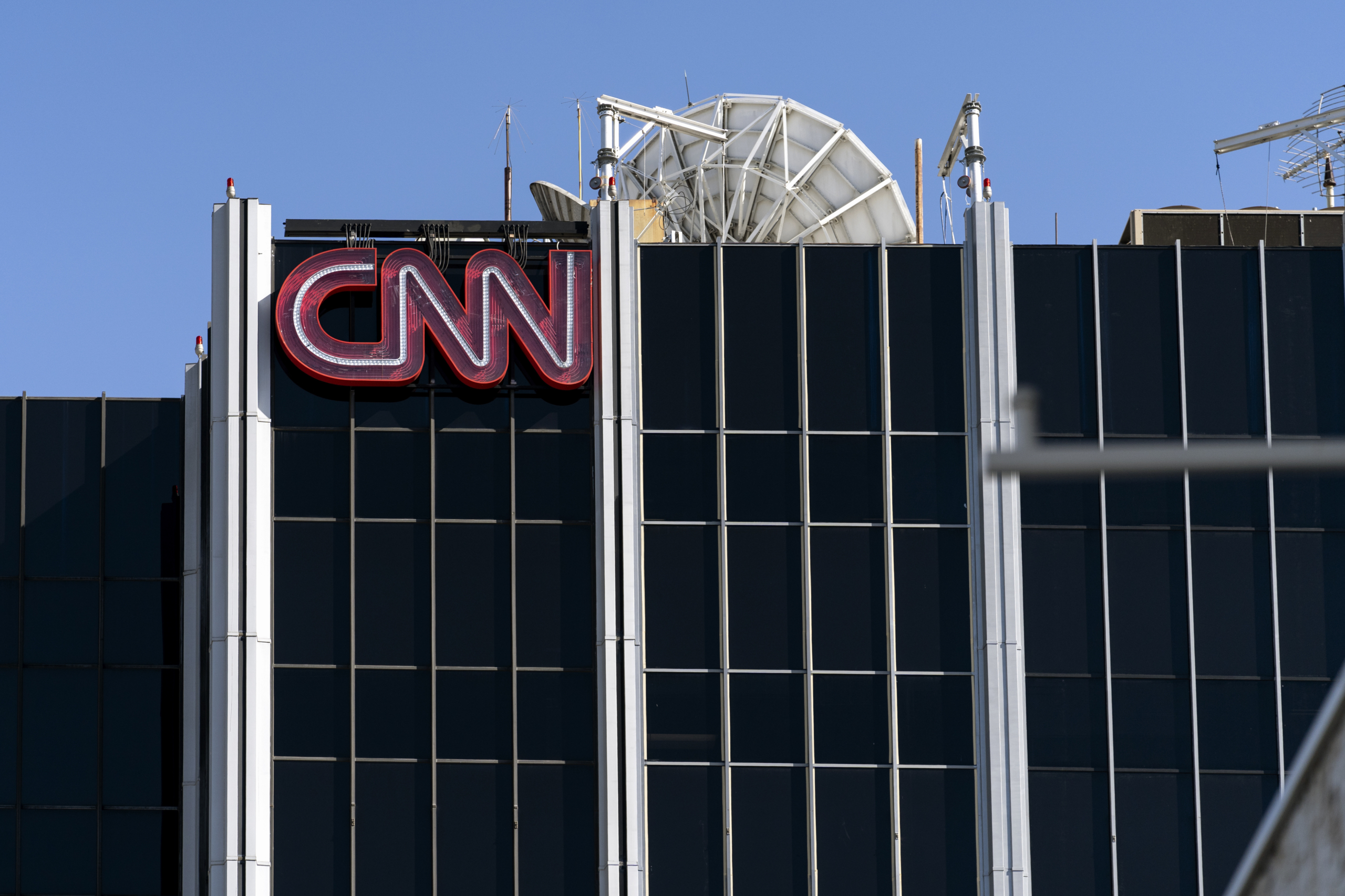Sign up for The Media Today, CJR’s daily newsletter.
When I think of CNN—when I watch it, or when I scroll through Twitter, or when I think of what I want to write about it—I think of what Jeff Zucker, CNN president, said in 2017: “The idea that politics is sport is undeniable, and we understood it and approached it that way.”
I think about it when I watch Chris Cuomo bring on bad guests, and when I ponder his half-comprehensible interviews with Rudy Giuliani or Cory Lewandowski. I think about it when I see online skepticism over Jake Tapper’s breaking story that the Ukraine whistleblower was a Democrat, and debate over whether he should have brought on dishonest guests like Rep. Jim Jordan in the first place. I think about it when CNN announces that they tried to get someone from the White House or Republican Senate or House leadership to come on their network but that nobody would—and when CNN is in turn asked why it has been trying to get “reactionary liars” to come on air to lie. And I think about whether at times like these CNN is adding to, not cutting through, the noise and confusion.
ICYMI: Alan Dershowitz and the wheel of pain
But I also know that that’s not all of CNN, and not only because the analysis, during the day and in the evening, is interspersed with straight news. When I covered foreign affairs for BuzzFeed News’ national security desk (RIP), I attended the State Department press briefings. And I’d see Michelle Kosinski, CNN senior diplomatic correspondent, whose questions to the State spokesperson at the time, Heather Nauert, were hard hitting, pointed and unrelenting. And I’d see Elise Labbott, then-global affairs correspondent, secure in her knowledge of what was happening, so poised.
These beat reporters were well-sourced and relentless. They stayed on the story, whether it was Russia, China, or the State Department’s reluctance to be transparent with reporters. They weren’t trying to prove that they were the most clever at asking questions or that they saw both sides of every issue. They were trying to get answers for their readers and viewers.
I never thought that they didn’t get the stakes, or that they thought this was some kind of sport. They clearly took their obligation to find out what was going on and present that information to the public seriously.
The contrast now is stark. It’s not that the CNN beat reporters are good and hosts are bad—many of the latter are accomplished journalists, too. It’s just that what is mostly reflected on the screen—especially during prime time—seems to be less news reporting, more punditry, more round tables, more horse race politics, more talking heads, more interviews and interviewees yelling at each other, more that makes the news more confusing for the viewer (or at least for this viewer).
CNN is very good at focusing relentlessly on the screaming dystopia of domestic politics. Sometimes I wish it weren’t, so we could see what it really does best.
When CNN does break major stories—when national security correspondent Jim Sciutto broke the story recently that the US extracted a top spy from Russia in 2017—it feels like being reminded of something I already knew: that CNN reporters are extremely good at their jobs.
I find myself wrestling with this tension when I write these columns. I know I’m not the only one: Bernie Sanders’ campaign manager, Faiz Shakir went on Brian Stelter’s Reliable Sources and expressed frustration that the networks were more focused on politics than on policy, and that, on TV news shows, “it tends to be a game”. (Stelter, to his credit, acknowledged that many viewers agree, and that “the shiny object, the sensationalism, it’s a problem”.)
Sanders’ campaign’s answer was to start its own YouTube channel; probably not the cure for what ails our news. But I share the frustration that Shakir went on air to express, with the panel discussions, the talking heads, the takes. And I’m as impressed with the reporting as President Trump is incensed by it. (None of this is taking into account that there’s also CNN International—that this is one media company that actually has staff working to bring information to people around the world.)
The publication with which this phenomenon has the most in common is The New York Times. There’s Bret Stephens and his bad columns and email tattling and whichever White House reporter you’re mad at and calls to cancel subscriptions, but there are also, undeniably, hordes of annoyingly good journalists (including Jonathan Mahler, who got the Zucker quote). The difference is that the Times is in print. CNN pundits are on your screen, there, with you, and in your living room, and so the connection feels more personal.
CNN is very good at focusing relentlessly on the screaming dystopia of domestic politics. Sometimes I wish it weren’t, so we could see what it really does best. What if, for every talking heads segment, there was a reported segment? What if the hosts threw their shows over to the beat reporters more often? What if guests who lied weren’t brought on again? What if people who had worked on campaigns couldn’t be brought on to spin the news unmitigated? Would more people watch? Would people feel less overwhelmed when they turned on their televisions?
It seems worth CNN trying, at least, to make its news shows more about news, and less about show.
ICYMI: “I had to rewind this to believe what I was hearing”: The media’s missteps in Ukrainegate
Editors note: CJR has appointed its own outside public editors for four vital news outlets — The New York Times, The Washington Post, CNN and MSNBC — that currently lack any public ombudsman. You can reach them at publiceditors@cjr.org. (Any messages will be treated as off-the-record unless otherwise agreed.)
Has America ever needed a media defender more than now? Help us by joining CJR today.



